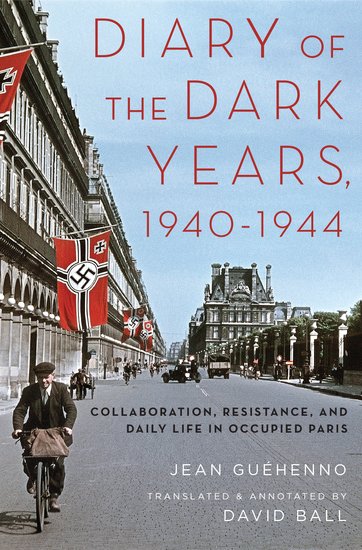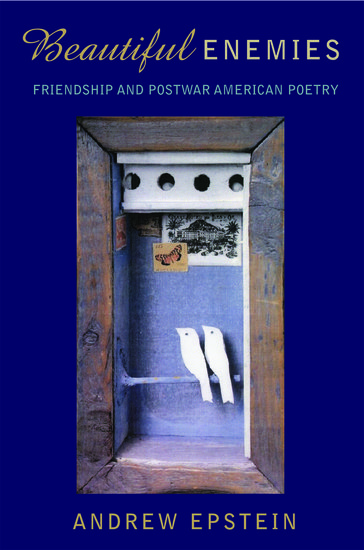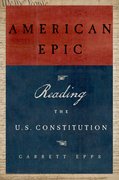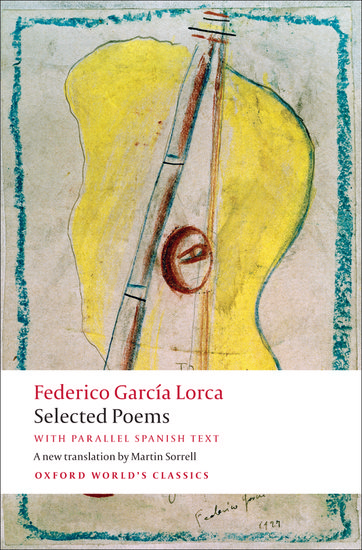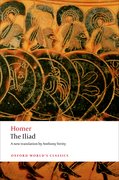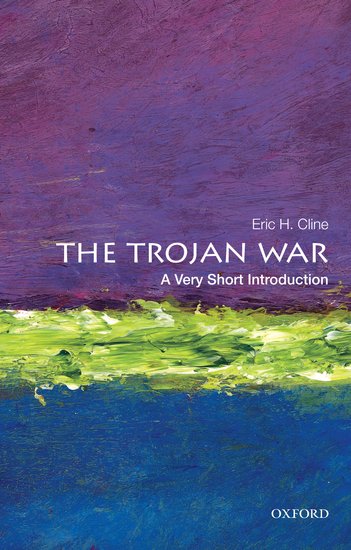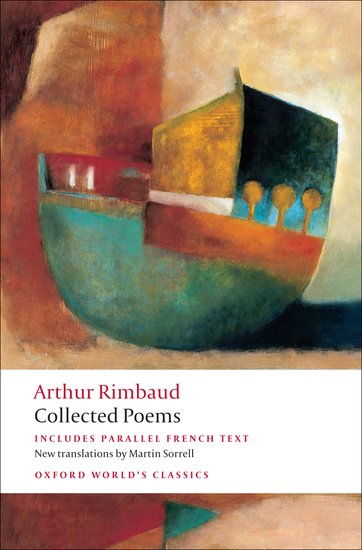A history of the poetry of history
History and poetry hardly seem obvious bed-fellows – a historian is tasked with discovering the truth about the past, whereas, as Aristotle said, ‘a poet’s job is to describe not what has happened, but the kind of thing that might’. But for the Romans, the connections between them were deep: historia . . . proxima poetis (‘history is closest to the poets’), as Quintilian remarked in the first century AD. What did he mean by that?








